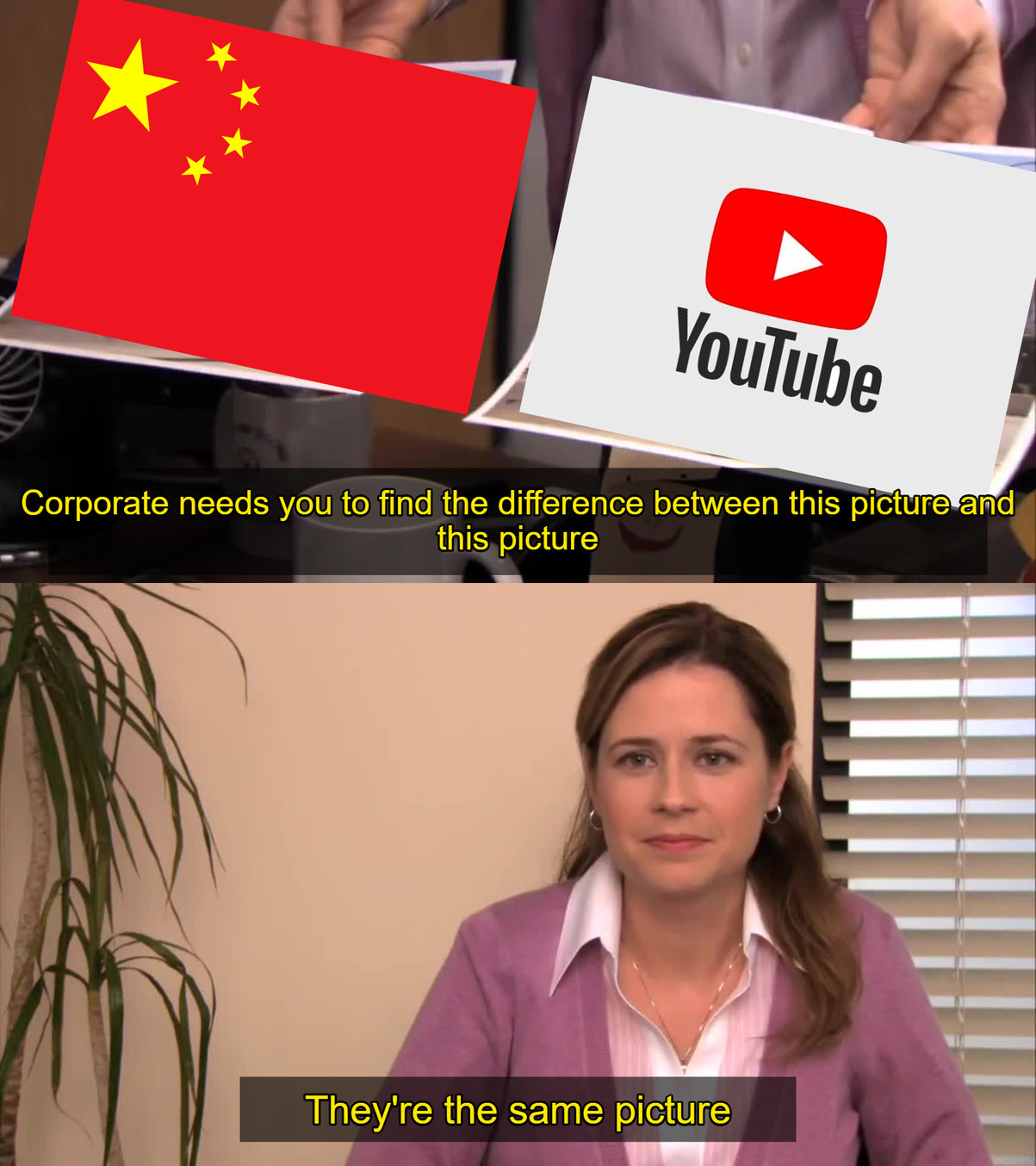Even though it is less evident than it used to be, it is still everywhere. From YouTube to your local school, censorship is everpresent. I think many elements come into play, which makes this issue a double-edged sword. On the one hand, it can help in the fight against some problems as there are cases when it is necessary. For example, when somebody promotes, say, violence it is obvious that they will have to face the consequences, of which is censorship. On the other hand, it can be used as a manipulation tool to keep people in the dark about certain things. Also, like any method, it can be easily abused by almost anyone. In this post, I am going to attempt not to lose my mind as I state a mere opinion on this subject. It will get lost amongst billions of others, but I couldn't care less. I just want to write it, to get it off my chest. So, join me in a discussion about free speech and its vital importance.
Firstly, let's address the elephant in the room: censorship is necessary sometimes. To stop people from promoting things that may harm the safety, well-being, or health of others is only reasonable, in my opinion. This isn't even censorship, it's most likely prevention. As cliché as sounds, most civil rights are not without a limit as there are also legal matters involved in settling such things. We are free to do anything as long as we don't harm or disturb others, which is fair and brings loads of benefits to the community. It is needless to write this applies to the freedom of speech as well. However, a slight problem may arise when harmless things are mistakingly highlighted as threatening or vice versa.
If I'm to be candid about this, there are certain things about the policies of both YouTube and the American Library Association that bug me, and that is (part of) the reason why I'm writing this. What do these have in common? If you ask me, both companies usually love to ban things without a reason I can easily understand. For example, books like Alison Bechdel's "Fun Home" or John Green's "Looking for Alaska" have been banned in some schools ever since they were published. It happened for similar reasons, namely, that said novels promote "unconventional sexualities" or have "sexually explicit content". I find such claims to be rather absurd since neither of the novels is pornographic, but I am no teacher. Who am I to judge? Still, I find it odd that a country that is all about freedom is in favour of this phenomenon.
That's what I want to write about: unnecessary censorship and the ban of certain harmless things, amongst which books, YouTube videos, and scenes from movies or TV series. What made me question YouTube's policies regarding age restriction was the case of a video from "Hello Future Me" in which he discussed writing about mental health. It got age-restricted and it got me wondering what the true intention of this was. The video in question was neither romanticizing the subject nor was it instigating in any way. It had educational purposes, so why was it restricted? Is the platform being overly cautious or is it trying to avoid the entrance of these subjects in mainstream media? Is there an abuse of power or is it just a bug in the system?
If it's the case with the second option, I feel like it only worsens an already existing problem: the taboo of mental health. It is a hard subject, nobody can deny it. However, discouraging conversation on this topic only makes it even harder to approach. I'm no expert, but I think that may do more harm than good. This might lead people who suffer from such disorders to feel ignored, which may worsen feelings of worthlessness or guilt. On top of that, those who are parallel to the matter might as well dwell in that state of mind. It's needless to say that this attitude might breed a little ignorance, which is the last thing we want. I would say that people learn from all the types of media that they consume. Without exposure to certain topics, they remain unaware of them. In the worst case scenario, they keep believing old stereotypes.
Still, realistically speaking, the platform may just have a bug in the system that fails to distinguish between harmful and harmless content. But that does not mean the age restriction of the music video "Avalanche" was deserved. There are two possible reasons for it: either because of flashing imagery or because of the lyric "Don't sugarcoat me 'cause I feel like suicide". The first one doesn't hold water because it's not the only Bring Me the Horizon music video with flashing imagery. The one for "Shadow Moses" also has flashing, highly contrasting imagery without a warning and was never restricted. That's why I am tempted to believe the second reason, which only highlights the point I made above. Fortunately, the restriction has been removed and I can listen to BMTH without thinking about the bugs that YouTube has under its skin. Oh, wait.
Anyway, I'm going to suddenly wrap it up here. If the comment seems angry or disorganized, I apologize. Again, I just wanted to get this off my chest. Now, back to Instagram and TikTok.

(source: memedroid)
Niciun comentariu:
Trimiteți un comentariu